Colostrum is the first milk produced by pregnant mammals, starting a few weeks before they give birth and continuing for a few days afterward. It is often referred to as “liquid gold” because of its yellow color and amazing health benefits for newborns and animals of all ages!
In this article, we will discuss the benefits of bovine (cow) colostrum as a nutritional supplement for dogs. It typically comes in powder form and is generally considered very safe, but it is always a good idea to check with your veterinarian before starting your pup on a new supplement.
We do not currently have a lot of clinical research to support the use of bovine colostrum in dogs. However, based on the few studies that have been done and what we know about its use in people, some veterinarians feel that it may offer a wide variety of benefits for our canine friends.

The 10 Benefits of Bovine Colostrum Supplementation for Dogs
1. Improved gastrointestinal (GI) health
Diarrhea is a common problem in young puppies, especially during times of stress (for example, when weaning off their mother’s milk, adapting to a new home, etc.). A study from Japan showed better fecal scores in pet store puppies that were supplemented with bovine colostrum.1
Bovine colostrum contains several helpful substances, which may promote gastrointestinal (GI) health:
- Proteins (such as lactoferrin, lactoperoxidase, and lysozyme) with natural antibacterial, antiviral, and anti-inflammatory properties
- Oligosaccharides (sugars) to encourage the growth and diversity of “good” bacteria in the large intestine
- Growth factors that can help heal damaged tissue in order to maintain a healthy intestinal lining
It has been reported that approximately 20% of dogs over a year of age have some degree of arthritis. Non-steroidal anti-inflammatory drugs (NSAIDs) are commonly prescribed because they are incredibly effective at reducing pain and inflammation.
Unfortunately, NSAIDs can predispose patients to gastrointestinal (GI) ulcers. Some dogs are not able to tolerate NSAIDs for this reason. A study in rats showed that bovine colostrum protected the stomach from injury during treatment with NSAIDs. Hopefully, future research will demonstrate the same effect in dogs, but in the meantime, it may be wise to consider supplementing dogs with bovine colostrum while they are taking NSAIDs.

3. Prevention of periodontal disease
Did you know that more than 80% of dogs over the age of three have periodontal disease? Many pet parents know that caring for their pup’s teeth is important, but it can be hard to find time for daily brushing (especially if your dog is less than cooperative!).
While there are currently no published studies specifically looking at the use of bovine colostrum to prevent periodontal disease in dogs, we know it contains substances that could help support oral health:
- Lactoferrin, lactoperoxidase, and lysozyme’s antimicrobial properties could help limit the growth of “bad” bacteria in the mouth.
- Cytokines, such as interleukins and interferon, could help reduce inflammation.
- Growth factors could promote the repair of injured tissue.
Giving your dog a colostrum supplement is certainly not a replacement for other forms of dental care, such as daily brushing, and it should not be expected to reverse existing periodontal disease. However, when used preventively, bovine colostrum may help keep your pup’s mouth healthy!
4. Prevention of upper respiratory tract infections (URTIs)
Upper respiratory tract infections (URTIs), like kennel cough, occur commonly in dogs. While we do not have specific evidence that bovine colostrum can help prevent URTIs (or reduce their severity) in dogs, the benefits have been demonstrated in people and racehorses.
- In laboratory tests, lactoferrin has been observed to have an antiviral effect on canine herpesvirus, which can contribute to URTIs in dogs.
- We know that cytokines in colostrum (e.g., interleukins, interferon) regulate the immune system, which may help dogs be more resistant to URTIs.

5. Management of immune-mediated conditions (e.g., allergies)
Based on our knowledge of how substances in bovine colostrum can help regulate the immune system, it makes sense that this supplement could be useful for dogs with immune-mediated conditions such as allergies.
A study in children with asthma and allergic rhinitis found that supplementation with bovine colostrum improved their allergy symptoms and lung function. These findings support the possible role of bovine colostrum in the management of canine allergy patients. However, it is important to note that dogs with food allergies commonly react to beef and dairy.
- Do not give bovine colostrum to your dog during an elimination diet trial.
- If your veterinarian says you can try giving your dog colostrum, monitor your pup closely for any signs of an allergy flare-up (e.g., skin redness, itchiness).
6. Improved response to vaccination
A study published in 2013 evaluated the immune responses of dogs supplemented with bovine colostrum after vaccination against canine distemper, adenovirus-type-2, parainfluenza, and parvovirus (DAPP).
- All dogs received a DAPP vaccine at the beginning of the study and a booster vaccine eight weeks later (they were fed the same diet for the first 8 weeks).
- After the booster vaccine, the dogs were divided into two groups. Dogs in the treatment group were given bovine colostrum daily for 40 weeks, but the control group did not get colostrum (all dogs continued to be fed the same diet).
- The researchers regularly collected blood and fecal samples from the dogs to evaluate their immune response. They measured vaccine-specific canine distemper virus (CDV) IgG levels in blood and IgA levels in feces.
The dogs supplemented with bovine colostrum maintained significantly higher levels of IgG and IgA compared to the dogs who did not receive colostrum, indicating a superior immune response to vaccination.
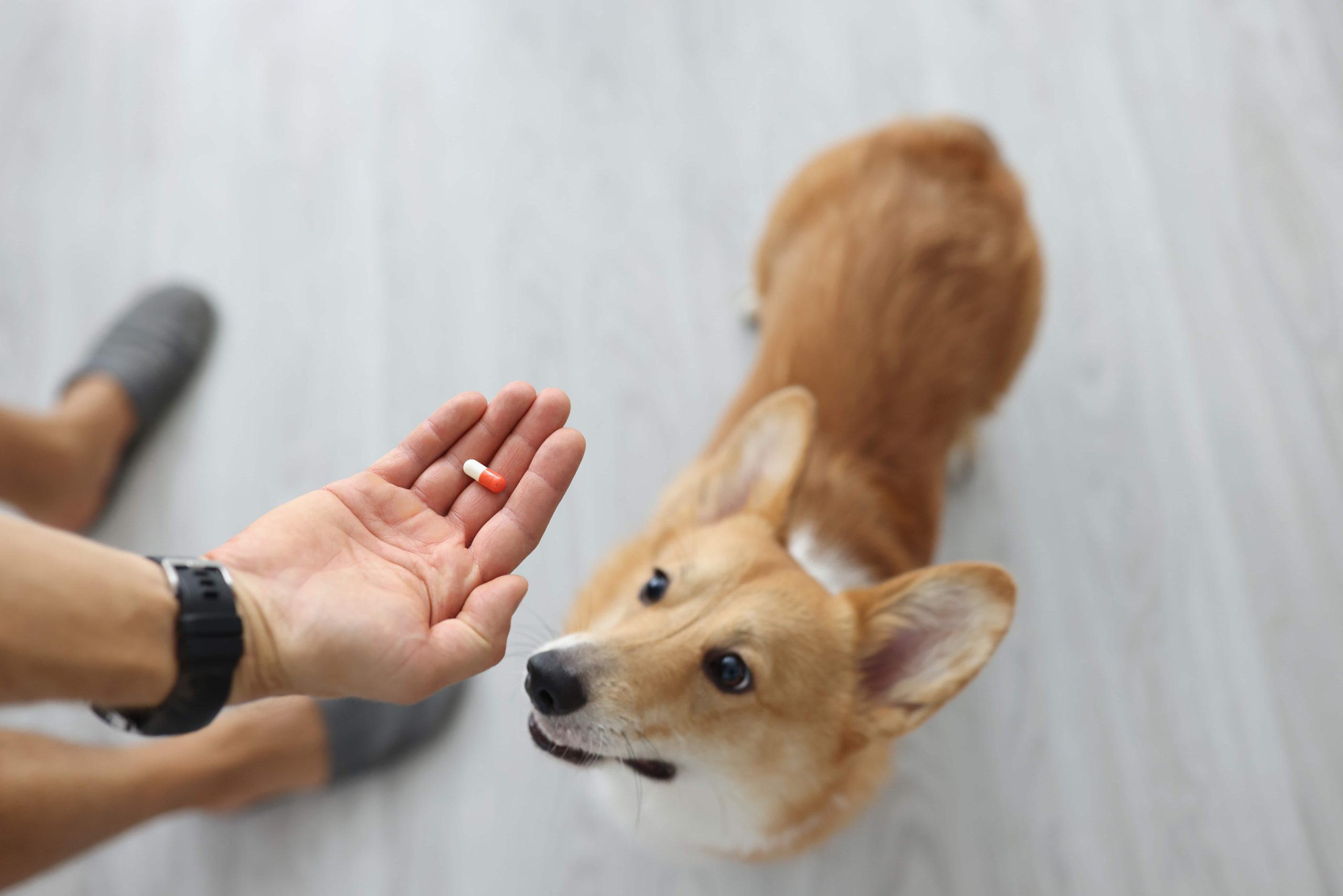
7. Wound healing
We have already mentioned that bovine colostrum contains antimicrobial proteins (lactoferrin, lactoperoxidase, and lysozyme) and growth factors that promote the healing of injured tissue. Several human studies (such as this one) have demonstrated that when bovine colostrum powder is applied topically to chronic wounds (e.g., diabetic ulcers), healing is significantly improved.
Patients have also reported that bandage changes are less painful when their wounds have been treated with colostrum. There is no reason to suspect that these benefits would also not extend to canine patients!
8. Support for cancer patients
Bovine colostrum could provide many helpful benefits for canine cancer patients:
- Supporting gastrointestinal (GI) health
- Enhancing immune system function
- Preventing infection (via antimicrobial activity)
- Promoting tissue healing
Some substances in bovine colostrum, such as lactoferrin, have even been shown to have anti-cancer effects! Bovine colostrum has been studied in cancer cells in a laboratory setting, in animal models, and human clinical trials. This article provides a detailed review of the current research, which is incredibly promising! The use of bovine colostrum in cancer patients certainly warrants continued investigation.

9. Reducing signs of aging
All mammals lose muscle and bone strength as they age. Bovine colostrum has been studied in people for its ability to help fight this process. A human study showed the following benefits of taking a bovine colostrum supplement for 8 weeks in combination with resistance training:
- Increased muscle mass and strength
- Reduced bone resorption
- Improved cognitive function
Supplementing our canine friends with bovine colostrum may help them stay strong and active into their senior years.
10. Lyme Disease
Lyme disease is caused by the bacteria Borrelia burgdorferi, which is carried by deer ticks. Infected dogs are often diagnosed during routine heartworm testing because the SNAP test used by most veterinarians also checks for common tick-borne diseases. Fortunately, less than 10% of dogs infected with Borrelia burgdorferi are expected to develop clinical symptoms of Lyme disease.
An unpublished study by a student at the University of New Haven showed that lactoferrin (a substance found in bovine colostrum) reduced biofilm formation by Borrelia burgdorferi bacteria. Biofilms make bacteria more resistant to antibiotics, so anything that reduces biofilm formation helps treat bacterial disease!
Future studies may find more evidence to support the use of bovine colostrum (or substances derived from it) in the treatment of Lyme disease in the future.
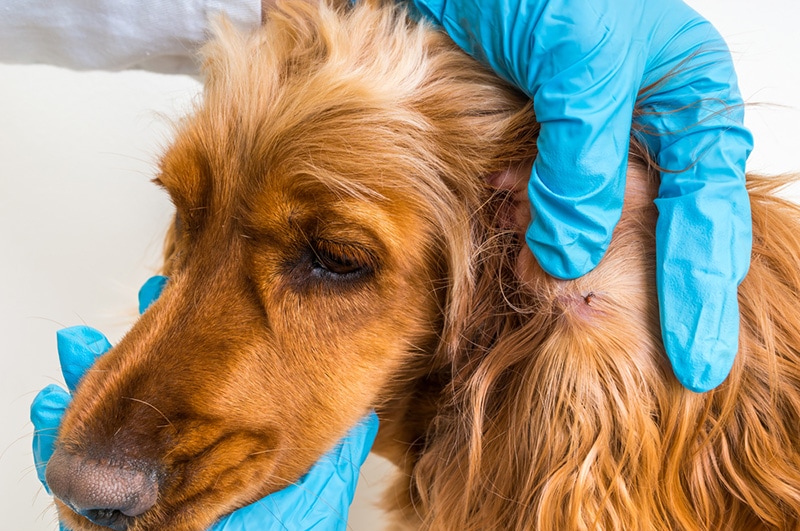

Summing Up
More canine-specific studies are needed to determine the ideal amount of bovine colostrum for dogs and how often it should be given for maximum benefit. However, given the safety of bovine colostrum and its wide array of potential uses, it is certainly worth asking your veterinarian if you should try giving it to your pup (unless they have a known or suspected allergy to beef and/or dairy).
Remember that these supplements are not regulated, so ask your veterinarian if they recommend a particular brand.
Featured Image Credit: Tiplyashina Evgeniya, Shutterstock








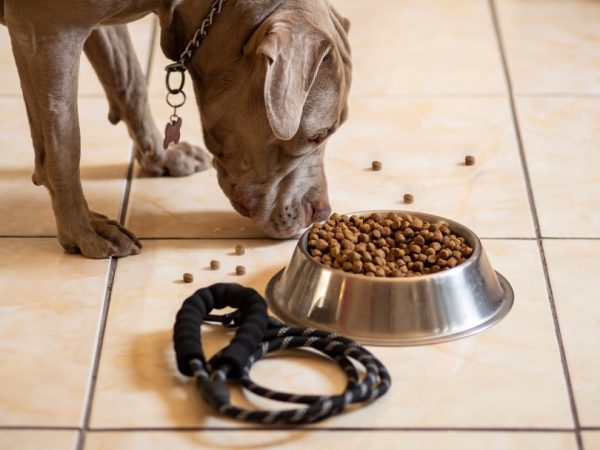

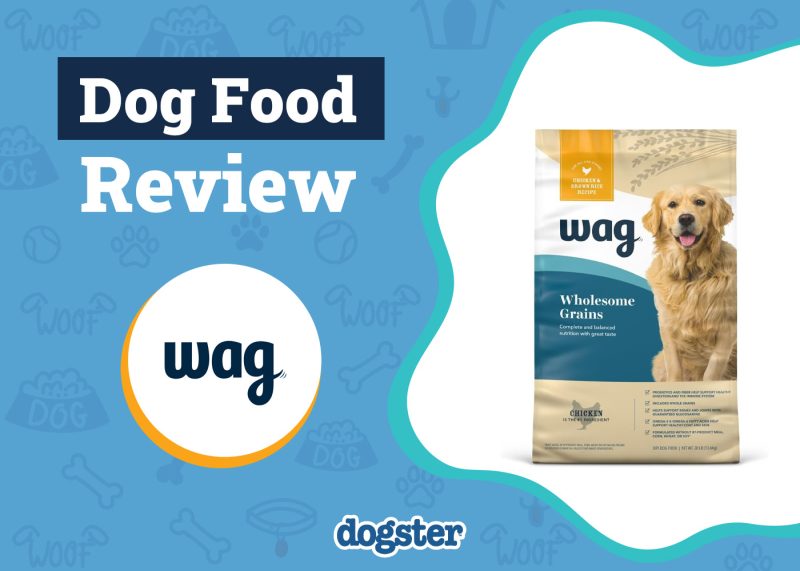

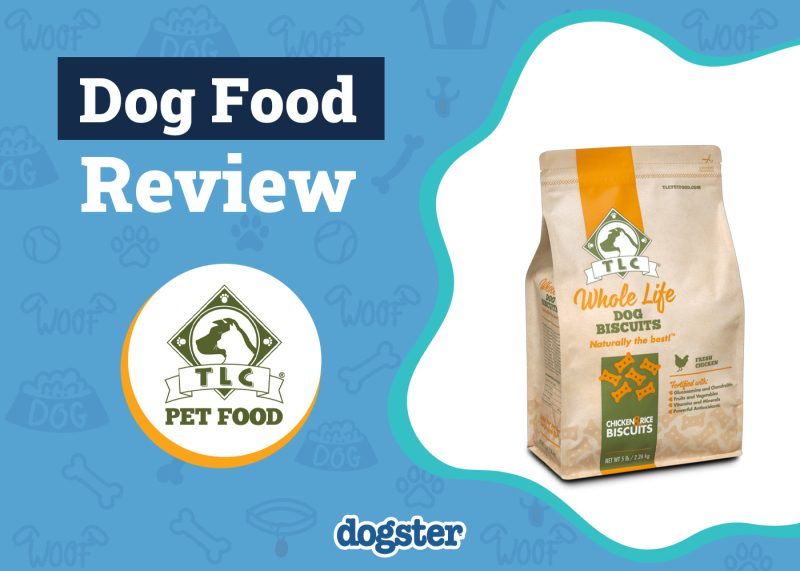
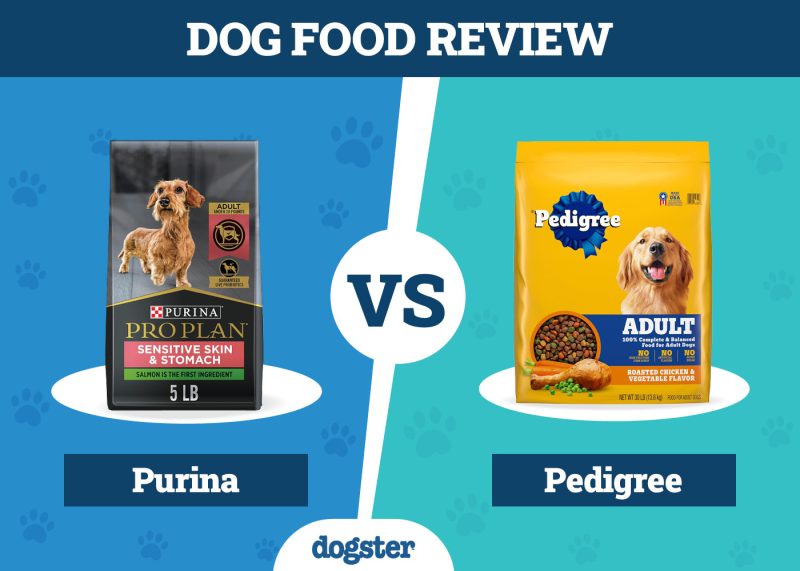

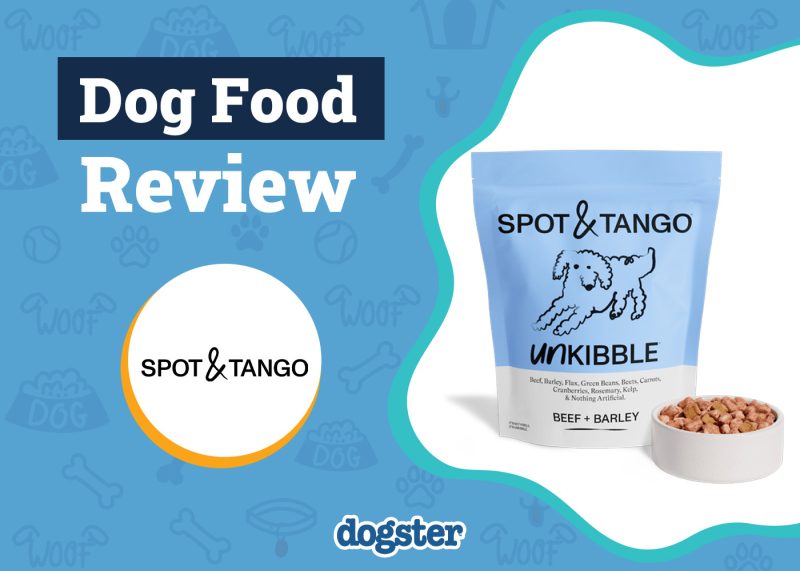
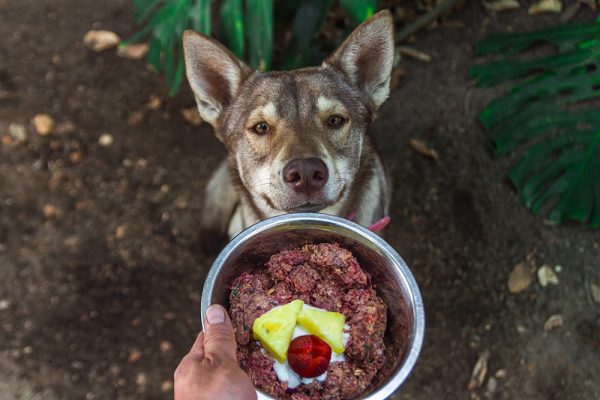


2 Responses
I love the idea of not having to give my dogs shots for their severe allergies and hate to give in, but I can't stand to watch them suffer for months scratching. Is there a specific brand of colostrum that is best? How many mg's? And what is the dosing schedule for dogs based on their weight?
Hi AliKat. Although there is some anecdotal evidence and encouraging research into the potential benefits of bovine colostrum for some dogs, for preventing and managing various health conditions, there is still not enough critical research that can safely confirm it. It is certainly not a replacement for allergy treatment in dogs, especially as many will have food allergies, and beef and dairy are some of the most common allergens. If you are curious about trialing colostrum for your dog, then please consult with your veterinarian first, as they will guide you, especially if there are any known contraindications to using it, such as dairy/beef food allergy or lactose intolerance. If that is not the case in your dog, your vet can research some of the available products, but be mindful that veterinary supplements are not FDA regulated and may not contain the ingredients they are claimed to have or at the stated amounts. Likewise, they may contain ingredients that could lead to unwanted side effects.
Hope this helps!